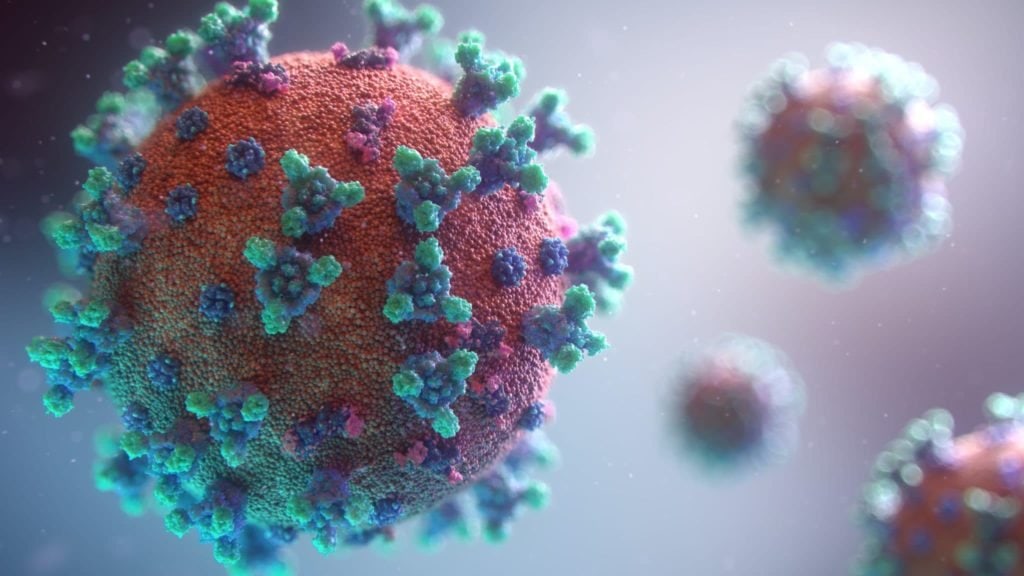COVID Variants Resist Antibodies From 2nd and 3rd COVID-19 mRNA Vaccines
All COVID-19 variants, including omicron, are resistant to vaccine-induced antibodies, meaning they are less responsive to the vaccine, as shown in a study published in the journal Vaccine (November 2023). However, this resistance could be temporarily overcome with additional COVID-19 shots.

Neutralizing antibodies are those the body makes to prevent the virus—in this case, SARS-CoV-2—from entering and infecting cells.
Temporary Neutralizing Effects
Researchers from Louisiana State University followed 16 uninfected people for over 420 days and matched their antibodies to COVID-19 viruses, both prevaccination and postvaccination, at weekly and monthly intervals.Participants were given three doses of the monovalent COVID-19 mRNA vaccine, which contained the original Wuhan variant.
Antibodies collected three weeks after the second and third doses had potent neutralizing effects against the original Wuhan COVID-19 variant.
However, these neutralizing antibodies rapidly declined. At four months after the second dose and six months after the third, neutralizing antibody levels had fallen back to prevaccination levels.
Furthermore, the other variants were significantly resistant to antibodies formed after the second and third shots, even at three weeks postvaccination, when the effects of the antibodies are considered the most potent. This means that, compared to the original Wuhan variant, vaccines would have less effect in preventing symptomatic infections against these subsequent variant infections.
The third dose, or booster, was given three to four months after the second mRNA vaccine dose, and its administration slightly reduced the virus’ resistance to the vaccine.
This is surprising, considering that the booster, along with the two mRNA shots given beforehand, were all the same. Despite this, there was a slight change in the virus’ resistance after the third dose.
Senior author of the study Alistair Ramsay, who has a doctorate in microbiology and is a professor of microbiology, immunology, and parasitology at Louisiana State University, told The Epoch Times in an email that the third dose may have improved antibody resistance by strengthening “vaccine-induced immune responses” against parts of the viral protein that was shared between the original strain and the different strains.
The omicron variant had the highest level of resistance.
IgG Class Switching After the 3rd Dose
After the third dose, previously negligible IgG4 and IgG2 antibodies increased significantly.A rise in IgG4 levels has also been reported in other studies, warning of potential immune tolerance.
Boosting and Increased Risk of Infections
Studies published by the Cleveland Clinic and works out of Harvard University have shown that repeated boosting is related to an increased risk of COVID-19 infections.Other researchers have stipulated that the increased IgG4 class switching with COVID-19 boosting may put a person at risk of infections from other diseases.
All vaccines have nonspecific effects, as shown in the works of Danish researchers Drs. Christine Stabell Benn and Peter Aaby. Nonspecific effects are effects that go beyond the specific protective effects the vaccines have against their targeted diseases.
For example, the COVID-19 vaccines prevent symptomatic COVID-19 infections; this is its specific effect. Its nonspecific effects are associated effects, such as increased or reduced mortality to other diseases.
Dr. Stabell Benn told The Epoch Times that all vaccines train immunity. While live vaccines train the body to become better at fighting off infections, non-live vaccines tend to make the immune system lazier.
Reposted from: https://www.theepochtimes.com/health/covid-variants-resist-antibodies-from-2nd-and-3rd-covid-19-mrna-vaccines-5578480






.png)

Comments
Post a Comment